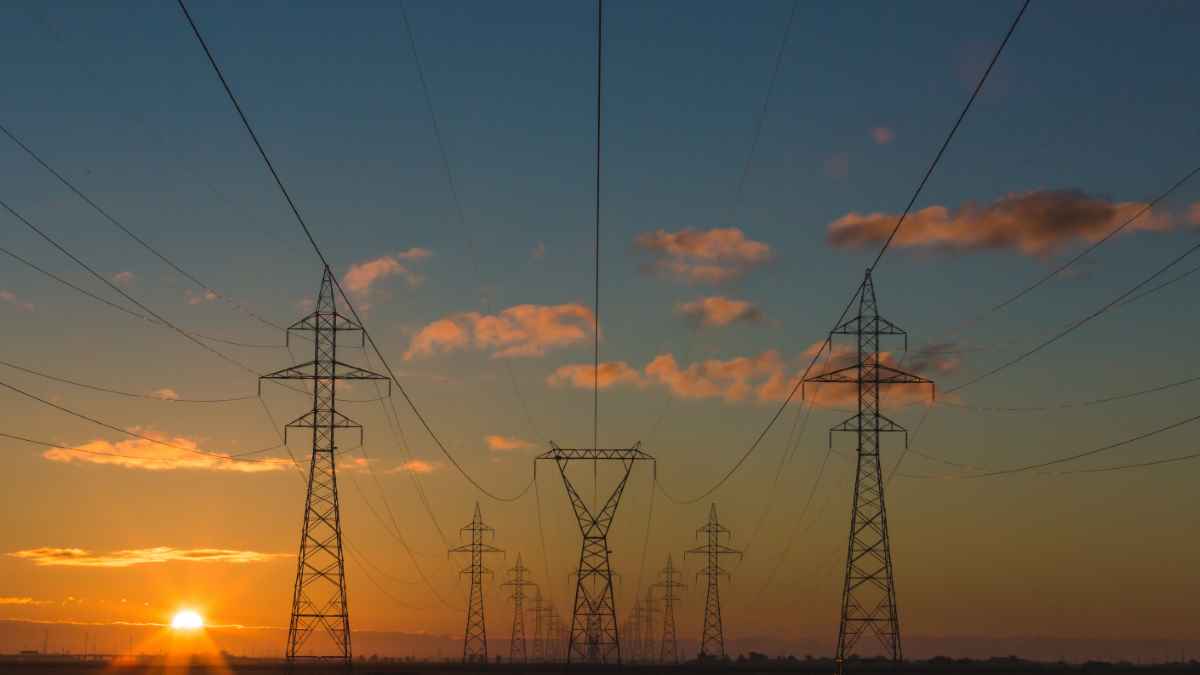Regional projects on energy, infrastructure, power, finance and healthcare are promoting investment opportunities, economic growth and cross-border collaboration in West Africa
NOUAKCHOTT, Mauritania, July 17, 2023/APO Group/ —
The upcoming MSGBC Oil, Gas & Power 2023 conference (https://apo-opa.info/3K3Tm8J) is set to take place in Nouakchott on November 21–22, under the patronage of Mauritanian President Mohamed Ould Ghazouani.
This event has a rich history of promoting regional cooperation (https://apo-opa.info/44uAo3d) by bringing together notable attendees from around the world alongside key players from the local community.
As the African Development Bank and the West African Monetary Institute (WACMI) advocate for capital market integration to increase investment opportunities (https://apo-opa.info/3NYXeJz) in West Africa, here are some of the best examples of cross-border collaboration on energy, infrastructure, power, water, finance and healthcare projects.
Grande Tortue Ahmeyim: Mauritania and Senegal
The Greater Tortue Ahmeyim (GTA) project (https://apo-opa.info/3rwyO2i), developed by bp and Kosmos Energy, is an offshore natural gas project located on the maritime boundary between Senegal and Mauritania. With a 30-year production potential, it is projected to produce up to 2.5 million tons per annum (mtpa) of liquefied natural gas in its first phase and up to five mtpa in its second, contributing up to 10% of each country’s GDP. The project is an excellent example of regional collaboration; it is ecologically sustainable and its impact has been studied by both the governments of Senegal and Mauritania to ensure that it is developed responsibly. GTA has the potential to significantly contribute to both nations’ economic development.
West African Power Pool
The West African Power Pool (WAPP), established in 2010, is a partnership of national electricity companies in West Africa with the goal of building a reliable power system and a unified electricity market. WAPP has 14 members from the Economic Community of West African States (ECOWAS). The objective of the organization is to integrate national power systems into a single regional electricity market in order to boost electricity trade among member nations and provide a reliable and stable electricity supply at reasonable prices.
GTA has the potential to significantly contribute to both nations’ economic development
West Africa Regional Rail Integration
The West Africa Regional Rail Integration initiative was launched in 2010 by the ECOWAS to strengthen West Africa’s railway network. The project’s goal is to connect the railways of 13 West African nations, resulting in a regional transportation network that is both seamless and effective. By lowering transportation costs and enhancing connectivity, the initiative is expected to improve local trade and economic growth. The project is being developed in phases, with the first focused on the restoration and upgrading of existing railway infrastructure, followed by the building of new railway lines.
Joint Agreement on Senegal-Mauritania Aquifer Basin
The Gambia, Guinea-Bissau, Mauritania and Senegal signed a ministerial statement in 2021 to increase cooperation on shared groundwater management. The four nations intend to create a legislative and institutional framework for collaboration on the Senegal-Mauritanian Aquifer System in order to promote resilience, sustainable development and regional stability. They decided to create a permanent body that would manage the aquifer, which serves over 80% of the population and is under growing pressure from population growth and agriculture.
African Exchanges Linkage Project
The African Exchanges Linkage Project (AELP) trading platform was established in December 2022 under the supervision of the African Securities Exchanges Association. The AELP’s initial phase unites seven stock exchanges from 14 African nations and the West African Economic and Monetary Union (Benin, Burkina Faso, Côte d’Ivoire, Guinea-Bissau, Mali, Niger, Senegal, and Togo). The AELP seeks to enhance cross-border capital flows and investments by linking African capital markets to the global financial system.
Project Shegas: Senegal and The Gambia
The Shegas project, which aims to unify healthcare services between Senegal and Gambia, was inaugurated in Dakar in February 2023. Because both nations have the same population, ethnic groupings and history, national healthcare maps aren’t typically tailored to their specific requirements. The research will examine the transboundary demand for healthcare services and how the healthcare systems of both nations might adapt to it. The study is anticipated to span three years and will include seven border regions in The Gambia. The purpose is to provide policymakers with insights on how to integrate transboundary healthcare services.
All this and more will be further unpacked during Energy Capital & Power’s MSGBC Oil, Gas & Power conference, the premier event for the MSGBC region.
Distributed by APO Group on behalf of Energy Capital & Power.


 Energy3 days ago
Energy3 days ago
 Business3 days ago
Business3 days ago
 Business3 days ago
Business3 days ago
 Energy2 days ago
Energy2 days ago
 Business3 days ago
Business3 days ago
 Business3 days ago
Business3 days ago
 Energy3 days ago
Energy3 days ago
 Energy3 days ago
Energy3 days ago












